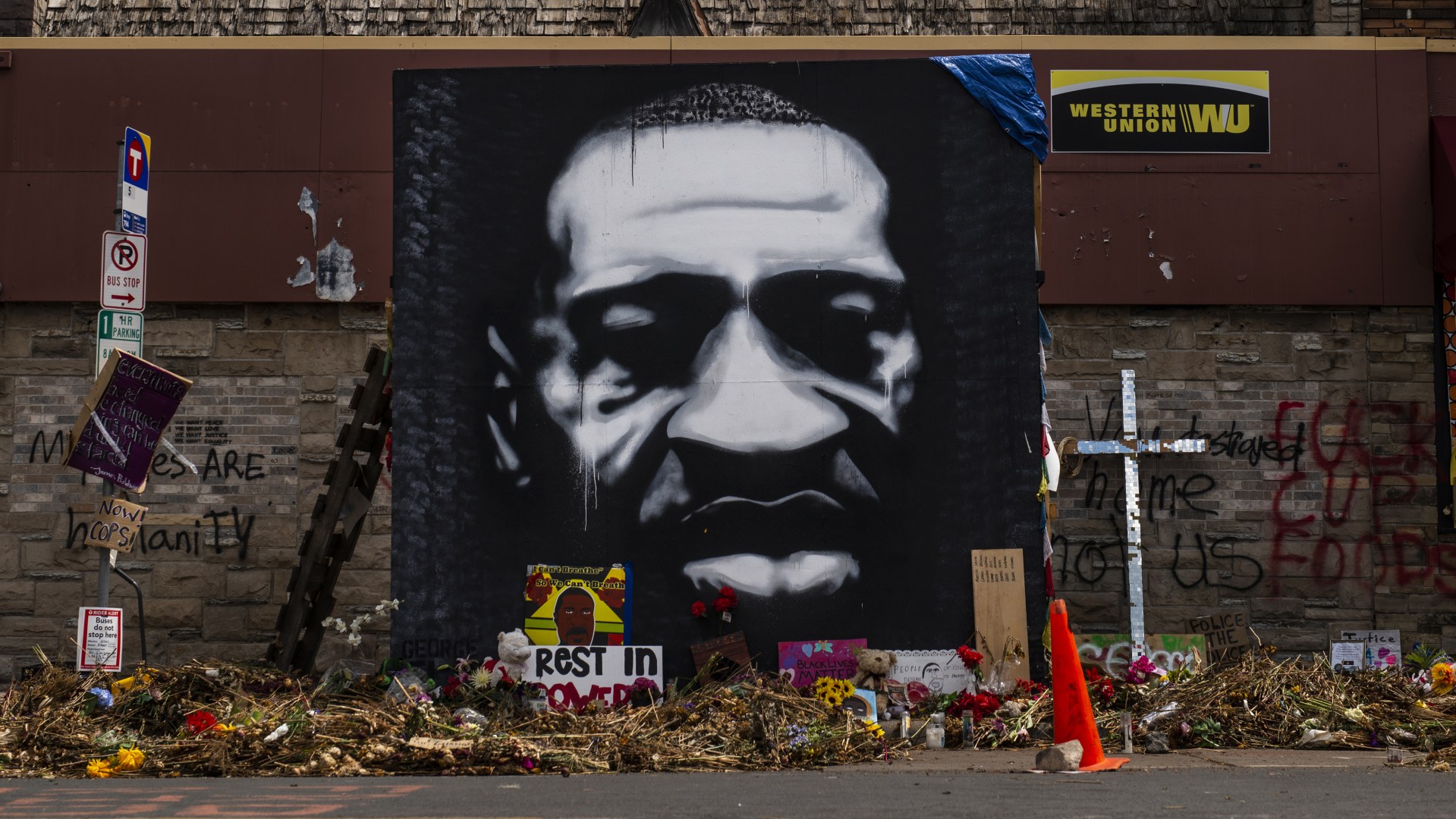I live in south Minneapolis, where police officers killed George Floyd even as he pleaded for his life. Body camera footage showed the officers—now fired and arrested—giving Floyd no explanation for why he was being questioned, threatened, pulled from his car, and forced to the ground. Protests erupted worldwide as decades of egregious overreach by police against people of color fueled righteous anger. White people joined in, along with pastors and Christians of every tradition. I stood alongside Orthodox priests and Pentecostal preachers at the site of Floyd’s death, an intersection transformed by prayer and protest into sacred ground.
This type of anger is answered by Scripture’s warrants against abuses of power. Our cover package this month explores the outlines of an under-discussed theology of law enforcement. Esau McCaulley draws from Romans and John’s gospel to address policing and the state that authorizes it. As a black man, he describes a certain dread that “trickles down from a national government that has often viewed our skin as dangerous” and a church tradition that has “never had the luxury of separating our faith from political action.” To hunger and thirst for righteousness compels movement toward sustenance and eventual satisfaction, if only at the hands of the Lord.
Scripture does offer a solution to bad policing: good policing. Drawing from Old Testament law and practice, pastor Michael LeFebvre asserts that law enforcement exists not to maintain order but to ensure justice and righteousness—especially “for those easily abused by the powerful” and for “those suffering under society’s inequities.”
Such ideals are not impossibilities. We glimpse them in moments such as when a Roman centurion, the closest thing to a New Testament police officer, solicits Jesus’ help to heal a beloved servant (Matt. 8:5–10). Jesus offers to come and attend to him, only to have the centurion humbly object, “Lord, I do not deserve to have you come under my roof. But just say the word, and my servant will be healed” (v. 8). Jesus, amazed, commends the centurion’s faith as greater than anyone’s in all Israel. Among the lessons is the right (and righteous) understanding and use of authority. Police authority is derivative and meant to serve the common good.
I took my daughter to visit the sacralized intersection where Floyd died. Hundreds gathered around makeshift memorials to pray and reflect. An entire field in a nearby park was filled with temporary tombstones commemorating black lives lost to police maltreatment. Taking it all in, my daughter confessed a sure sadness that so many had died but also a bewilderment that the police, whom she views as protectors, could harm. “Would they ever hurt me?”
Daniel Harrell is editor in chief of Christianity Today. Follow him on Twitter @DanlHarrell.










